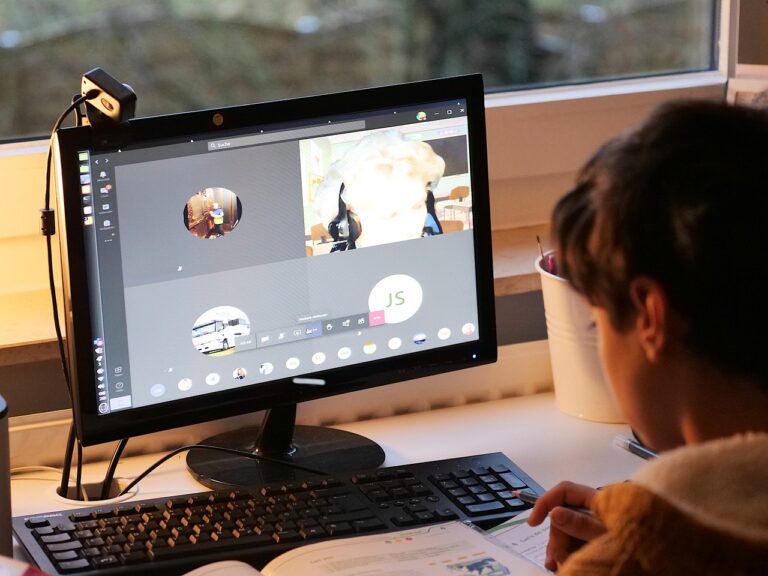Inquiry-Based Learning: Encouraging Curiosity in Students
Curiosity plays a pivotal role in student learning, driving them to explore, question, and seek out new knowledge. When students are curious, they are more engaged in the learning process, actively seeking answers and diving deeper into subjects. By fostering a sense of wonder and curiosity in the classroom, educators can create an environment where students are motivated to learn and grow.
Moreover, curiosity encourages students to think critically and ask insightful questions. It promotes a sense of inquiry and exploration, leading to a deeper understanding of topics and concepts. As students engage in curiosity-driven learning, they develop important skills such as problem-solving, creativity, and perseverance, essential for their academic and personal growth.
Fostering a Sense of Wonder in the Classroom
To create an environment that fosters a sense of wonder in the classroom, educators must embrace the power of inquiry-based learning. By encouraging students to ask questions, explore ideas, and seek out answers on their own, teachers can spark curiosity and ignite a passion for learning. This approach shifts the focus from the traditional, teacher-centered model to one that puts students at the forefront of their educational journey, driving them to develop critical thinking skills and a deeper understanding of the world around them.
Furthermore, incorporating hands-on activities, experiments, and real-world examples can enhance the sense of wonder in the classroom. Enabling students to engage with materials and concepts in a tangible way not only makes learning more interactive and memorable but also allows them to make connections between theoretical knowledge and practical applications. By bringing the subject matter to life through experiential learning, educators can captivate students’ interest and inspire a genuine desire to explore, question, and discover.
Encouraging Critical Thinking Through Inquiry-Based Learning
Inquiry-based learning is a powerful method that encourages students to think critically and deeply engage with the material. By posing questions, problems, or scenarios that prompt investigation and exploration, educators can stimulate curiosity and ignite a passion for learning within their students. This approach shifts the focus from rote memorization to active participation, empowering students to develop essential problem-solving skills and foster independent thinking.
Through inquiry-based learning, students are prompted to ask their questions, seek out answers, and construct their knowledge. This process not only enhances their understanding of the subject matter but also hones their analytical abilities and cultivates a sense of autonomy over their learning journey. By encouraging students to investigate, evaluate evidence, and draw their conclusions, educators pave the way for a deeper comprehension of complex concepts and the development of essential critical thinking skills.
What is inquiry-based learning?
Inquiry-based learning is an approach to education that focuses on fostering critical thinking skills through asking questions, investigating problems, and seeking solutions.
How does curiosity play a role in student learning?
Curiosity is a key component in student learning as it motivates students to ask questions, explore new ideas, and engage in the learning process.
How can teachers foster a sense of wonder in the classroom?
Teachers can foster a sense of wonder in the classroom by encouraging students to ask questions, explore different perspectives, and engage in hands-on learning experiences.
What are some strategies for encouraging critical thinking through inquiry-based learning?
Some strategies for encouraging critical thinking through inquiry-based learning include posing open-ended questions, providing opportunities for student-led investigations, and promoting collaborative problem-solving.
How can inquiry-based learning benefit students in the long run?
Inquiry-based learning can benefit students in the long run by equipping them with the skills they need to think critically, solve complex problems, and adapt to new situations in a rapidly changing world.







